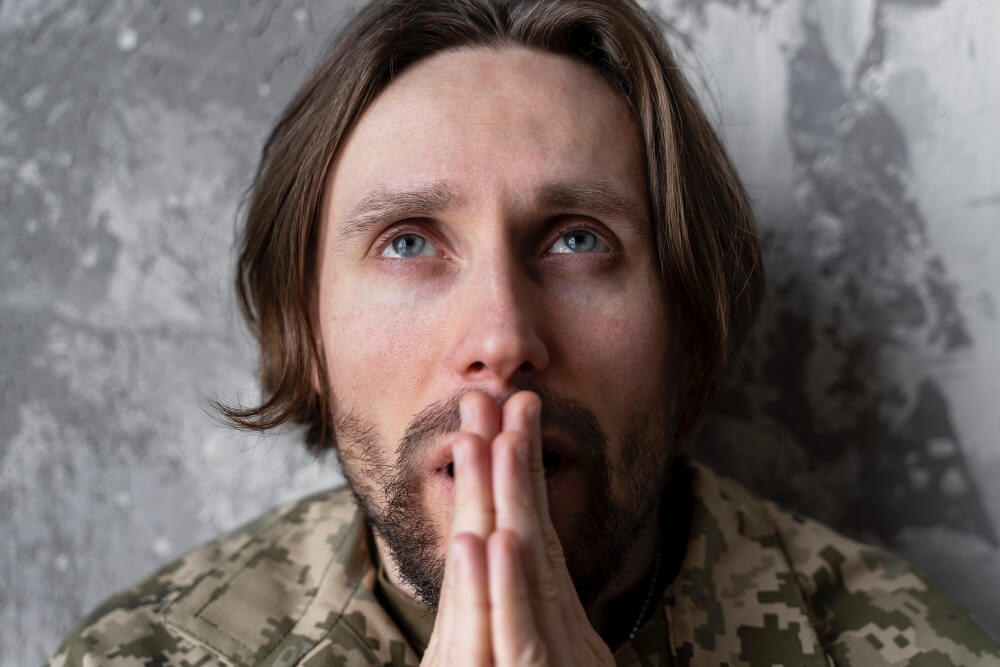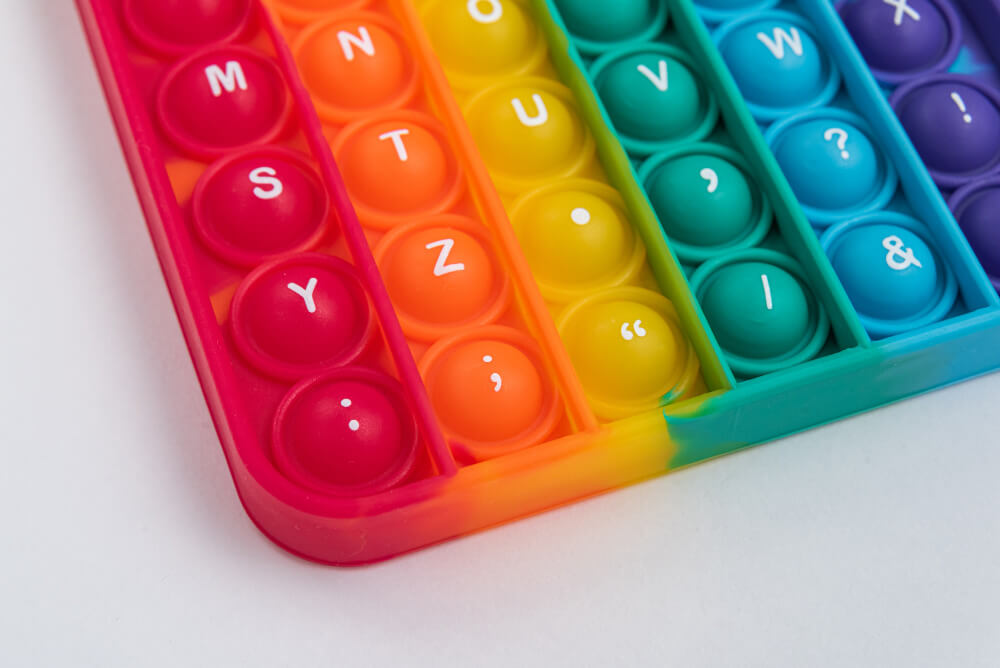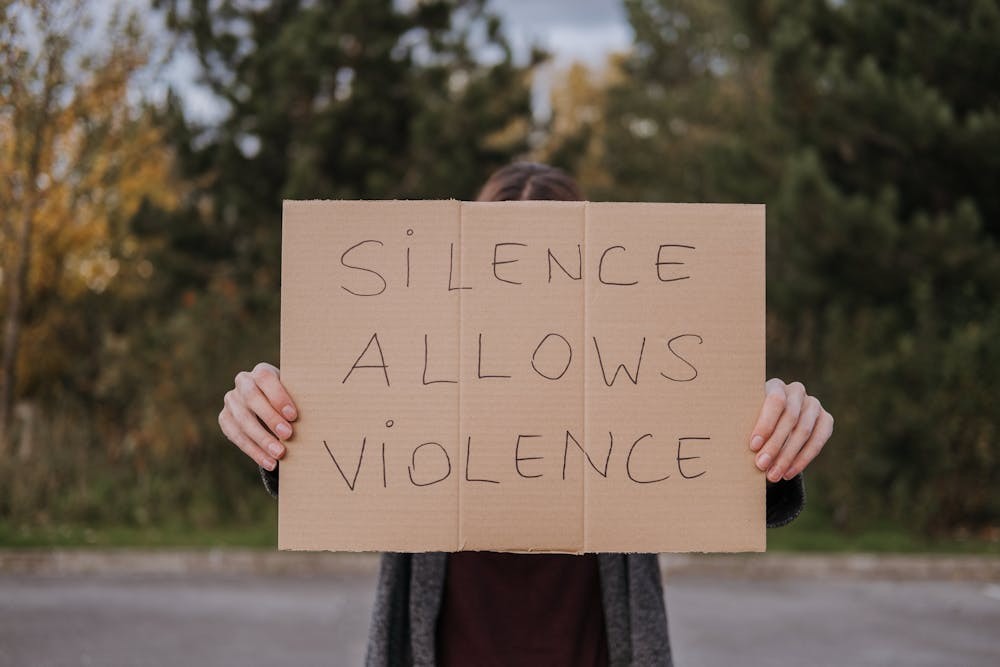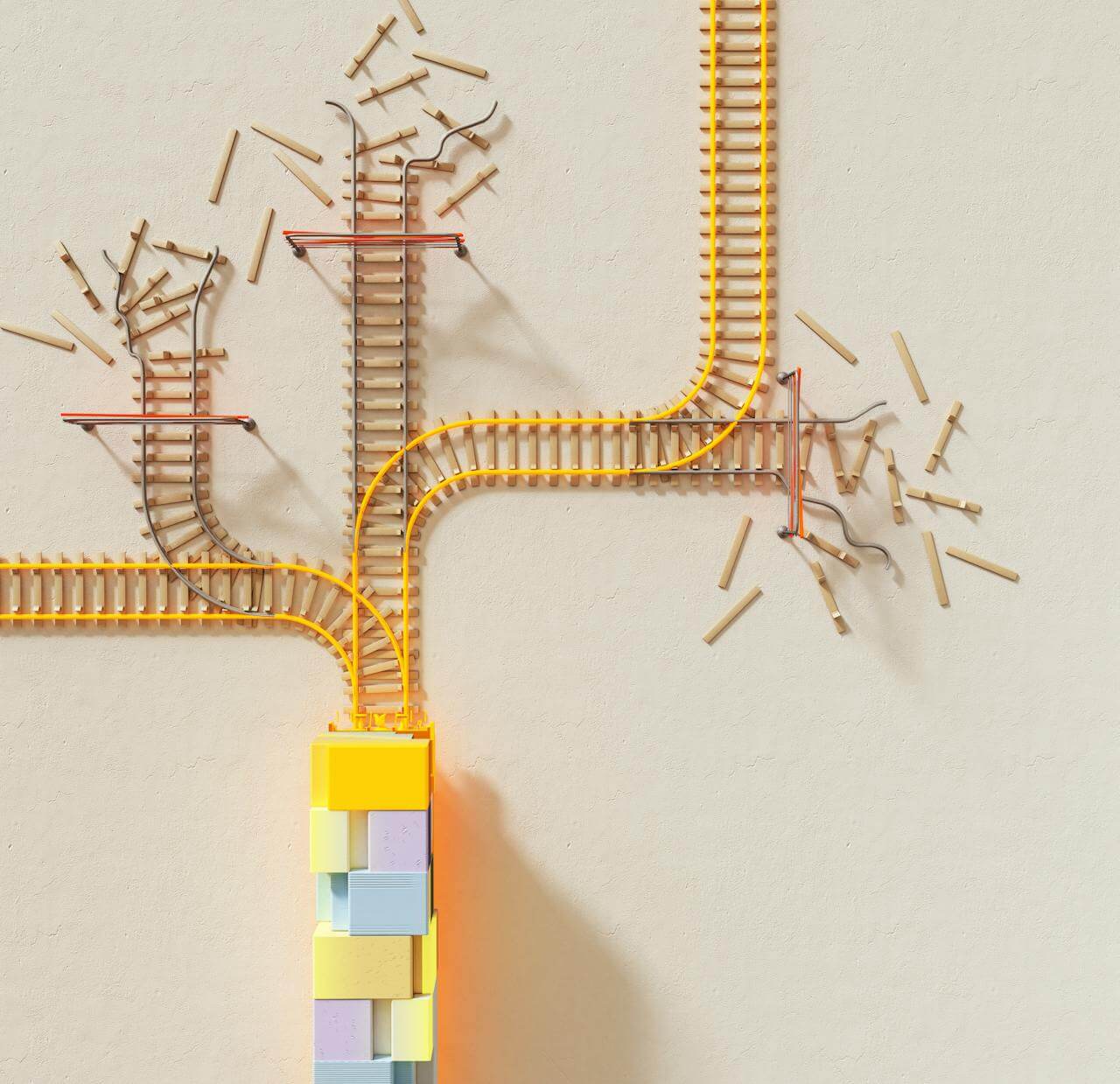Each year in early November, I pause to reflect on what remembrance truly asks of us. Across this series, I have traced how the values that define our wars—discipline, sacrifice, endurance—have seeped into the structures of everyday life. In genocide and the classroom examined how institutions normalise distress; Moral injury in war and the classroom explored how conscience erodes under systems of obedience; and The false economies of war and schooling exposed the cost of shortsighted governance. This fourth reflection continues that thread. It asks what happens when the militarised logic of control extends beyond policy and into the soul—when joy itself becomes collateral damage in the culture of discipline.
The militarisation of everyday life
Public education has absorbed the logic of capitalism and the military—efficiency, obedience, endurance—until the line between learning and labour has blurred entirely. Our schools have become institutions of discipline, their moral vocabulary indistinguishable from that of the barracks: regulation, compliance, fortitude, self-control. What began as a promise of collective advancement has become a system of managed suffering, where the capacity to endure is mistaken for the capacity to grow.
The parallels between education and the military are neither metaphorical nor coincidental. Both are products of industrial modernity—systems built to organise human potential into predictable outputs. Both define success through performance, compliance, and hierarchy. And both valorise sacrifice as the ultimate expression of loyalty. In classrooms as in boot camps, the message is the same: your feelings are a threat to efficiency, and your individuality is a problem to solve.
The false promise of service
No one enters the military to suffer. People enlist because they want to lead, to serve, to protect, to innovate—to represent the best of what a nation can be. They imagine themselves at the technological vanguard, building peace and security through courage and cooperation. Yet the institution they enter too often forgets those ideals. It demands endurance rather than insight, loyalty rather than reflection. It teaches that pain builds character and that silence is strength. In this way, it mirrors the public school system’s transformation: a space once meant for discovery becomes an arena for control.
Schools adopt the same posture of moral seriousness, teaching children that learning must be hard, that growth must hurt, that the absence of joy proves commitment. The result is an education system that confuses hardship with depth. In both institutions, people are trained to believe that suffering has intrinsic moral value. Pain becomes the measure of devotion.
The first casualties: disabled students
Disabled students experience this transformation first. Their education is defined not by opportunity but by restraint—by the rationing of joy, movement, and curiosity. Every spontaneous act becomes a behaviour to correct. Every moment of pleasure must be justified as a reward for compliance. Joy is conditional, granted only when it can be managed. The message is unmistakable: belonging requires containment.
This rationing of joy functions as a moral economy. It teaches that rest must be earned, that pleasure must be productive, and that people who need more time or support are taking something they have not yet deserved. Disabled students internalise this economy early; they learn that survival depends on suppression. By adolescence, many have already become experts in masking distress, performing calm to preserve belonging. The toll is invisible but immense.
-
Joy is rationed for disabled kids in school
When disabled children are excluded from field trips, they are being punished for their needs. These joyful, formative experiences become conditional—offered only to those who mask well, follow rules, and cause no disruption. In British Columbia, this widespread practice violates both law and…
The capitalist suspicion of leisure
The militarisation of schooling is not aesthetic; it is philosophical. Capitalism and military culture share a suspicion of leisure, an allergy to unstructured joy. Both treat rest and play as inefficiencies to eliminate, not as sources of creativity or care. The same logic that produces endless war produces endless work. Disabled children are its first casualties. They are taught that every minute must be productive, that rest is laziness, that difference is deviance. The result is a generation schooled in exhaustion—children who measure their worth in how well they suppress themselves.
This cultural suspicion of leisure stretches back to the industrial age, when time itself became a commodity. Factories divided the day into units of productivity; schools adopted the same schedule, conditioning children to live by bells. What was once considered natural variation in attention or energy became pathology. The disabled body, which resists standardisation, is treated as an inefficiency—a reminder that not all life can be optimised.
The colonisation of time
Homework policies, behavioural programs, and data-driven instruction replicate this ideology. They extend institutional control into every corner of life. Even after the bell rings, the school’s hand remains on the student’s shoulder, monopolising their time and attention. The disabled child, already over-monitored, must surrender their evenings and weekends to catch up, comply, or recover. The hours that might have been used for play or imagination are consumed by remediation. This is not education; it is conscription.
This colonisation of time continues into adulthood. Teachers burn out under impossible expectations. Families internalise guilt for their exhaustion. Soldiers return from missions with moral injuries that mirror the emotional collapse of educators who are told to ignore harm in the name of policy. Everywhere, the same wound appears: systems built to protect people have become systems that deplete them.
-
Homework: discrimination after the bell
The Canary Collective’s new piece, Homework and Harm: How Discrimination Follows Disabled Students Home, captures something families of disabled children know by heart: the school day rarely ends at dismissal. When accommodations fail, the unfinished work is sent home, transforming evenings into a second…
The moral failure of efficiency
Capitalism promises efficiency and progress but delivers depletion and despair. Militarisation promises order and peace but produces endless escalation. Public education promises inclusion but enacts discipline. Each system relies on the suppression of joy—the most radical form of human intelligence. Joy is not frivolous; it is strategic. It is the energy that fuels invention, empathy, and courage. It is what allows people to imagine a future beyond obedience.
The moral failure of these systems lies in their confusion of discipline with virtue. Real discipline is not submission but devotion—commitment to something larger than fear. A just education would cultivate that form of discipline: curiosity sustained by care, rigour animated by joy.
Joy as resistance
If we want peace, we must begin by protecting joy. If we want innovation, we must value curiosity more than compliance. If we want genuine inclusion, we must free disabled children from the false virtue of suffering. They are not burdens to manage; they are the moral and creative vanguard of the world we claim to want. A nation that cannot make room for their laughter will never find its way to peace.
Joy is not a distraction from learning or service—it is the condition that makes both possible. To defend joy is to defend humanity itself.Can you write the same kind of introduction we’ve been including about however reflecting on membranes remembrance day and how this relates to other posts we’ve made?
-
PTSD and moral injury in war and the classroom
An analysis of how bureaucratic obedience erodes conscience. Drawing on moral injury research from military and healthcare contexts, this essay reframes teacher burnout as institutional betrayal. It shows how educators are trained to suppress empathy and how that suppression mirrors the psychic injuries…










